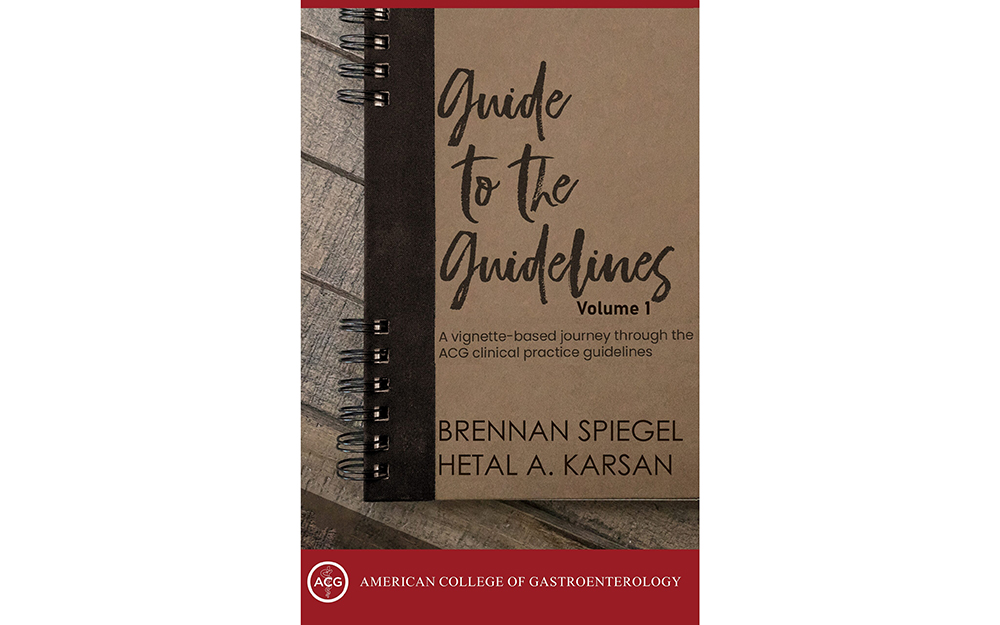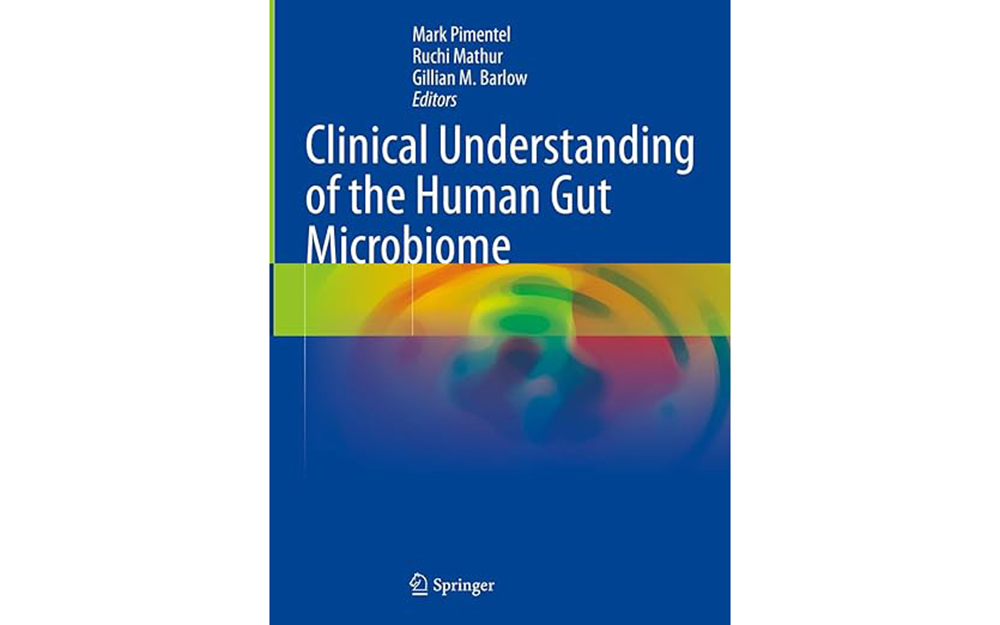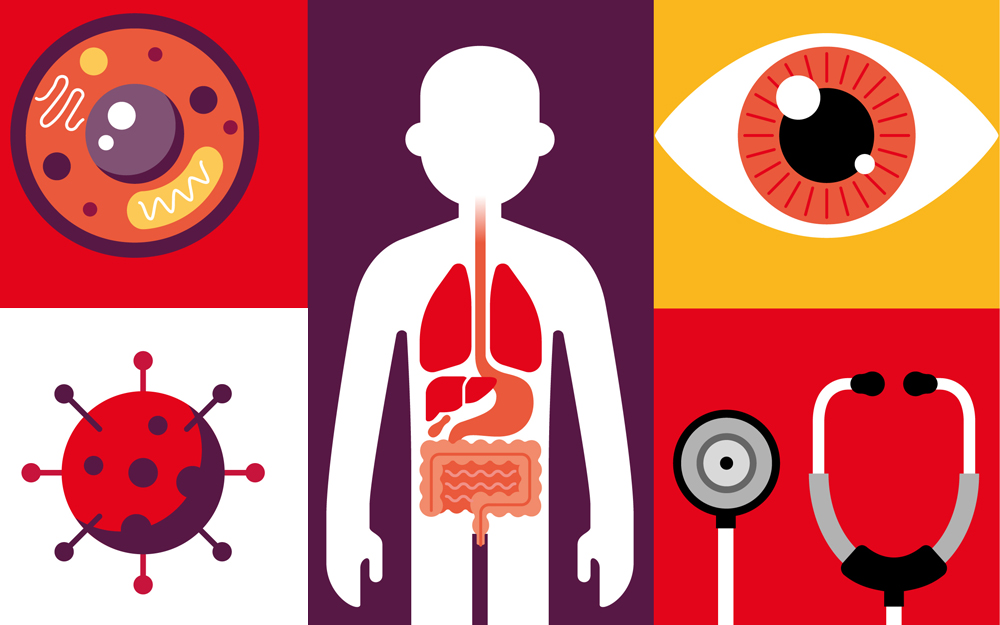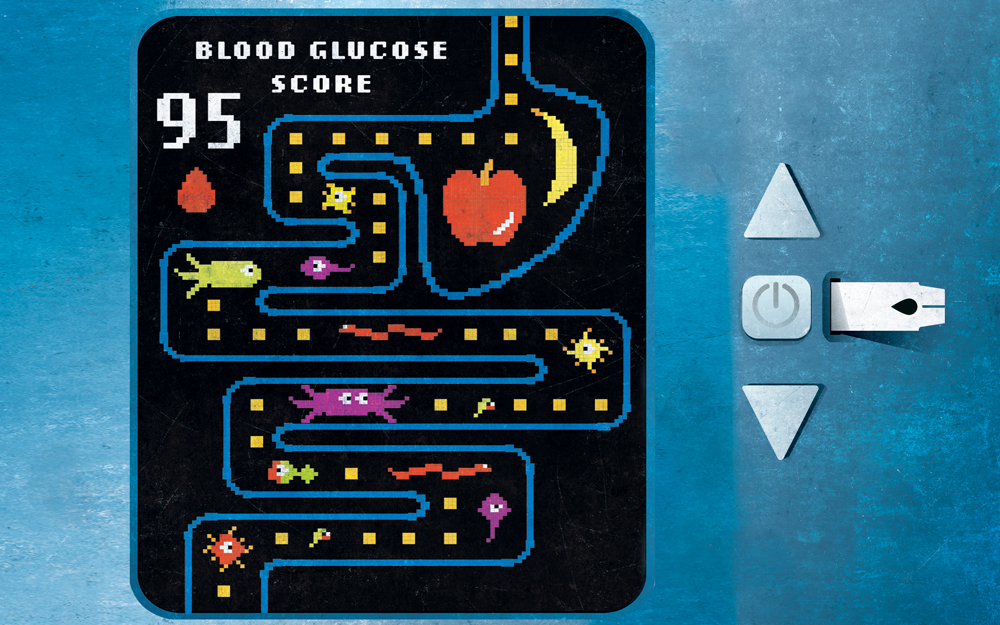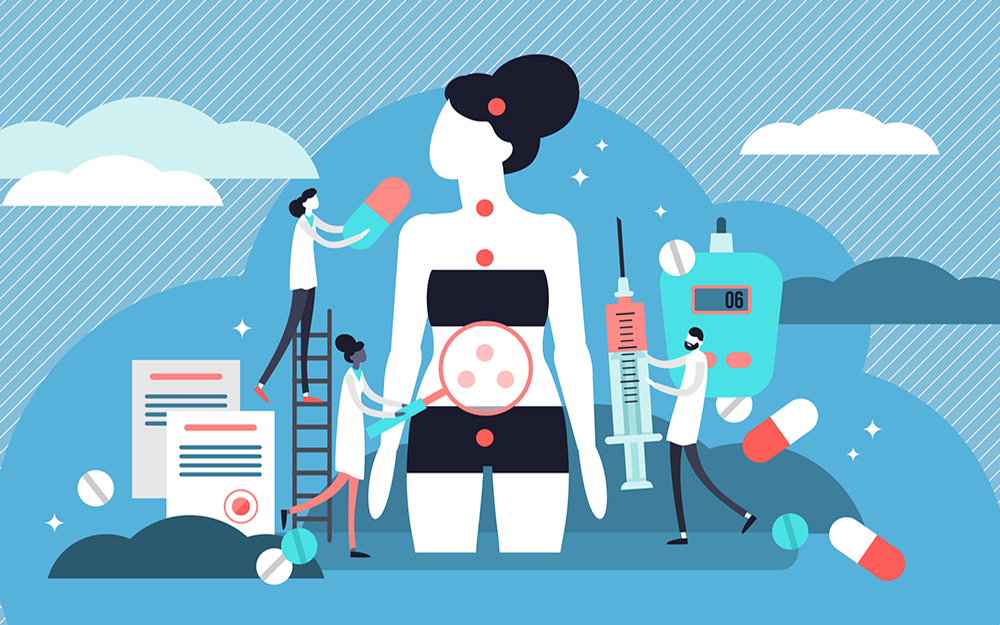Climate Change and Health
Date
October 20, 2020

Date
October 20, 2020
Medical providers featured in this article



In Brief
{{cta-block}}
Cedars-Sinai experts share the ways our bodies may suffer on a warming planet—and how to protect yourself.
Scientists anticipate that between 2030 and 2050 at least 250,000 people will die from complications caused by our warming planet. Climate change is already expanding disease patterns and intensifying dangerous environmental conditions that wreak havoc on our vital organs. The World Health Organization estimates that air pollution alone now causes about 7 million avoidable deaths globally.
Physicians warn that, without significant interventions, the dangerous impacts of climate change will only worsen.
“We are sacrificing future generations for the sake of short-term gains,” Zab Mosenifar, MD, says. It is frightening—and the onus is on us to make meaningful changes.”
Here, Cedars-Sinai experts outline their grave concerns and hopeful projections, and offer ways to protect all of us from the perilous fallout of climate change.
Change Is in the Air

"I am extremely concerned about the impact of climate change on lung health, particularly for the elderly, patients with lung disease and heart failure, pregnant women and young children.
The rising temperatures created by climate change extend fire season—instead of a couple of months, it’s now year-round. Here in Los Angeles, we’re all at risk from fire particles, which can travel 50 miles before landing in and irritating our airways. During wildfires we often see exaggerated wheezing, cough, runny nose, congested eyes and overall shortness of breath—emergency and clinic visits by lung disease patients also increase.
The good news is that actions taken locally, in California, have improved air quality over the past 45 years. I am pretty confident that if we take steps, the right steps, we can make changes that will actually be visible to our kids and grandkids."
Adjust Your Lifestyle
"Pollution from fossil fuels and vehicles causes damage to our air quality. I suggest patients create a lifestyle that helps them avoid exposure to high-particle periods and environments. Exercise in green spaces, and not during rush hour. I run at 5 a.m. because the air is cleaner and I can avoid traffic."
Infections Could Go Viral

"The environmental changes we’re seeing now are a slow-moving emergency for the spread of disease. This won’t go away as climate change continues to be a reality.
Certain species of mosquitoes thrive in hot environments, and they’re expanding into places where the climate is warming. As temperatures rise across the U.S., we are seeing increasing cases of mosquito-borne illnesses such as Zika virus and West Nile virus.
Warmer seasons will expand the duration and time of year we are exposed to disease risk. For example, Lyme disease season on the East Coast is getting longer. Ticks, which carry Lyme disease, die off in extreme cold. As winter temperatures rise, ticks are active for an extended period of time, spreading Lyme disease over that longer duration.
We don’t know how climate or climate change will affect the spread of the coronavirus. This is a new pathogen and we don’t know how it will behave. So far we know that the hotter summer months have not had a known effect on rates of infection.
As an infectious disease physician in the era of climate change, I need to keep an open mind about diagnosing my patients.
An infectious disease physician is like a detective. We look at where our patients have been and what they’ve been exposed to, and climate change makes that more challenging. Our patients are going to be exposed to things that we don’t normally think of here in California."
Limit Your Exposure
"Avoid exposing yourself to mosquitoes and ticks. While a mosquito bite might not seem like a big deal, mosquito-borne illnesses like Zika and West Nile viruses can have very serious consequences."
A Gut Punch to Human Health

"We are heading toward a global crisis if we don’t address climate change. The impact on human health is difficult to calculate because it is so immense. We’re already seeing the effects of climate change on digestive health—the gut absorbs the environment for the body by taking in and processing food.
Climate change is creating more tropical storms, which increases the chances of food poisoning, like salmonella and cholera (severe weather often disrupts power grids, meaning food can’t be refrigerated). Those outbreaks can have a long-term effect on the digestive tract. Food poisoning can cause irritable bowel syndrome (IBS) and autoimmune diseases. People with existing gut disease are most at risk. IBS patients are more likely to get food poisoning, so they’ll get sick more often and also contribute to food poisoning’s spread.
Our food supply is similarly affected by climate change: Studies show that as carbon dioxide rises in the atmosphere plants grow faster but the nutritional quality of the plants is poorer. So what we could see in the future are different plants that maybe aren’t as nutritious as they would be in a more stable environment."
Be Proactive
"For my patients who already suffer from IBS and travel across the globe, we treat them with antibiotics before traveling to areas where the food supply may be compromised because of climate change. To protect yourself at home, you can try to grow your own vegetables. Then you’d know the food’s distribution chain, because it is right there in your yard."
From the Newsroom a Special Report: Climate Change and Your Health
